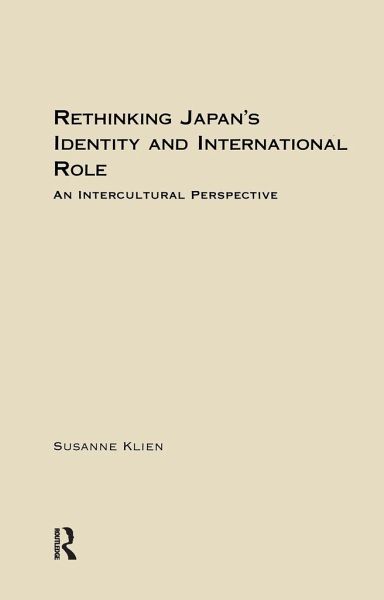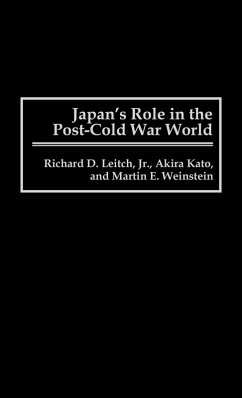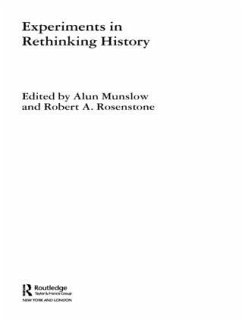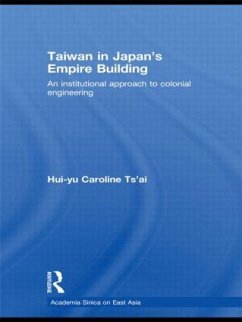
Rethinking Japan's Identity and International Role
Tradition and Change in Japan's Foreign Policy
Versandkostenfrei!
Versandfertig in 1-2 Wochen
190,99 €
inkl. MwSt.
Weitere Ausgaben:

PAYBACK Punkte
95 °P sammeln!
This paper presents a study of Japan's international role with a special focus on its historical evolution. To that end, the following three pillars lay the necessary theoretical foundations: one, the notions of historical and political identity and a discussion of the ambivalent shapes they have taken in Japan; two, the regional context, an examination of Japan's situation with respect to Asian history as a whole, and finally, the "civilian power" concept as defined by Hanns W. Maull.













